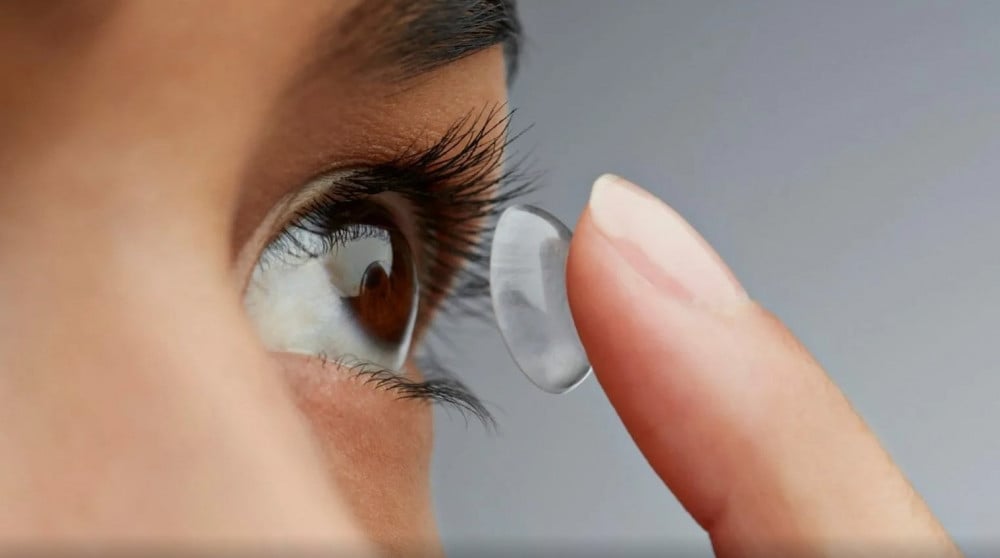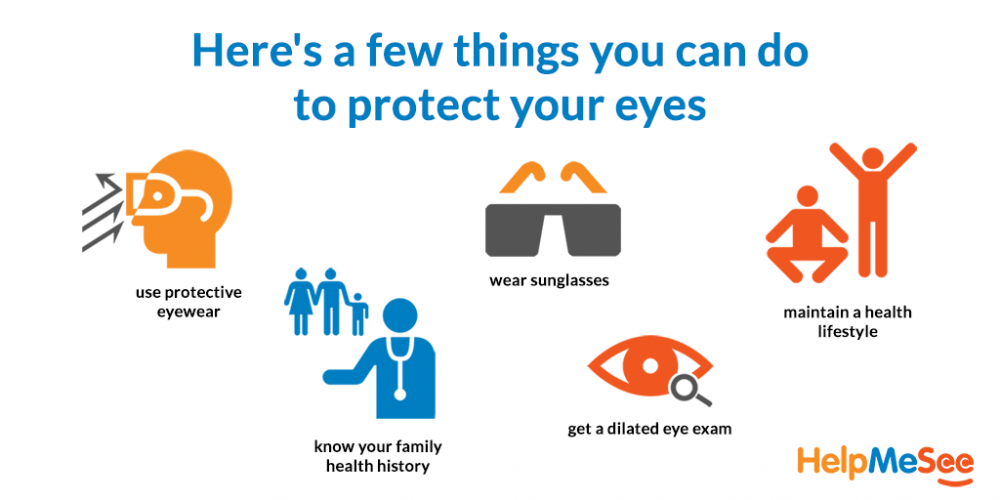The comprehensive guide to clear prescription lenses
Medical lenses are an essential tool for doctors and other medical professionals who need to see and examine the internal structures of the human body. They are commonly used in a wide range of medical fields, including ophthalmology, neurology, gastroenterology, and many others.
However, medical lenses can become cloudy or dirty over time, which can reduce their effectiveness and make it more difficult to get a clear view of the area being examined. In this article, we will provide a comprehensive guide to clear medical lenses, including the tools and techniques you need to keep your lenses in top condition.
Step 1: Clean the Lens Surface
The first step in clearing medical lenses is to clean the surface of the lens. You will need a soft, lint-free cloth or tissue to avoid scratching the lens. You can use a cleaning solution specifically designed for medical lenses, or a mixture of mild soap and water. Avoid using harsh chemicals or abrasive cleaners, as they can damage the lens surface.
Start by gently wiping the lens with the cloth or tissue, working in a circular motion from the center of the lens outward. Be sure to remove any debris or smudges on the lens surface. If you are using a cleaning solution, spray it onto the cloth rather than directly onto the lens.
Step 2: Remove Stubborn Stains or Debris
If there are stubborn stains or debris on the lens surface, you may need to use a specialized cleaning tool. A soft-bristled brush or a lens cleaning pen can be effective for removing these types of stains.
When using a brush or cleaning pen, be sure to use gentle pressure and avoid scrubbing too hard. You don't want to damage the lens surface or cause any scratches.
Step 3: Disinfect the Lens
Once the lens surface is clean and free of debris, it's important to disinfect the lens to kill any bacteria or viruses that may be present. You can use a specialized disinfectant solution or a mixture of water and rubbing alcohol.
Apply the disinfectant solution to the lens surface, making sure to cover the entire area. Allow the solution to sit for the recommended amount of time, then wipe the lens clean with a soft, lint-free cloth or tissue.
Step 4: Store the Lens Properly
After cleaning and disinfecting the lens, it's important to store it properly to prevent it from becoming contaminated again. Medical lenses should be stored in a clean, dry place, away from direct sunlight or other sources of heat.
If you are storing the lens for an extended period of time, you may want to consider using a specialized storage case that is designed to keep the lens safe and clean.
In conclusion, clear medical lenses are essential for medical professionals who need to examine and diagnose a variety of conditions. By following these simple steps to clean and disinfect your lenses, you can ensure that they remain in top condition and provide clear, accurate results every time.
Here are a few additional tips to help you keep your medical lenses in top condition:
- Use the Right Tools: When cleaning your medical lenses, make sure to use the right tools. Avoid using paper towels, tissues, or rough cloths, as these can scratch the lens surface. Instead, use a soft, lint-free cloth or specialized cleaning tools designed for medical lenses.
- Be Gentle: When cleaning your medical lenses, always use gentle pressure and avoid scrubbing too hard. Scrubbing too hard can damage the lens surface and cause scratches, which can affect the accuracy of your results.
- Clean Lenses Regularly: To keep your medical lenses in top condition, it's important to clean them regularly. Depending on how frequently you use your lenses, you may need to clean them daily or weekly. Regular cleaning can help prevent the buildup of debris and stains on the lens surface.
- Use Specialized Cleaning Solutions: When cleaning and disinfecting your medical lenses, it's important to use specialized cleaning solutions designed for use with medical equipment. These solutions are formulated to be gentle on lens surfaces while effectively killing bacteria and viruses.
- Check for Damage: Before using your medical lenses, always check for signs of damage, such as cracks or scratches. If you notice any damage, it's best to replace the lens rather than trying to clean or repair it.
In conclusion, keeping your medical lenses clean and clear is essential for accurate diagnosis and treatment. By following these tips and best practices, you can ensure that your lenses remain in top condition and provide clear, accurate results every time you use them.
- Avoid Touching the Lens Surface: When handling your medical lenses, avoid touching the lens surface with your fingers or any other objects. This can leave smudges, oils, and debris on the surface, which can affect the clarity of your results. Always handle your lenses by the edges or using specialized tools designed for handling lenses.
- Store Lenses Separately: If you have multiple medical lenses, it's important to store them separately to prevent cross-contamination. Use separate cases or storage containers for each lens and label them clearly to avoid confusion.
- Follow Manufacturer's Instructions: Different types of medical lenses may require specific cleaning and disinfecting methods, so it's important to follow the manufacturer's instructions for each lens. This can help ensure that you are using the right cleaning solutions and techniques to keep your lenses in top condition.
- Replace Lenses Regularly: Over time, medical lenses can become worn, scratched, or damaged, which can affect their accuracy and clarity. It's important to replace your lenses regularly to ensure that you are getting accurate results. Follow the manufacturer's recommendations for how often to replace your lenses.
- Check for Compatibility: When selecting cleaning and disinfecting solutions for your medical lenses, make sure to check for compatibility with your lenses. Some solutions may be too harsh for certain types of lenses, which can cause damage or affect their clarity.
By following these additional tips, you can help ensure that your medical lenses remain in top condition and provide clear, accurate results. Remember to handle your lenses with care, clean and disinfect them regularly, and replace them when necessary to ensure the best possible outcomes




